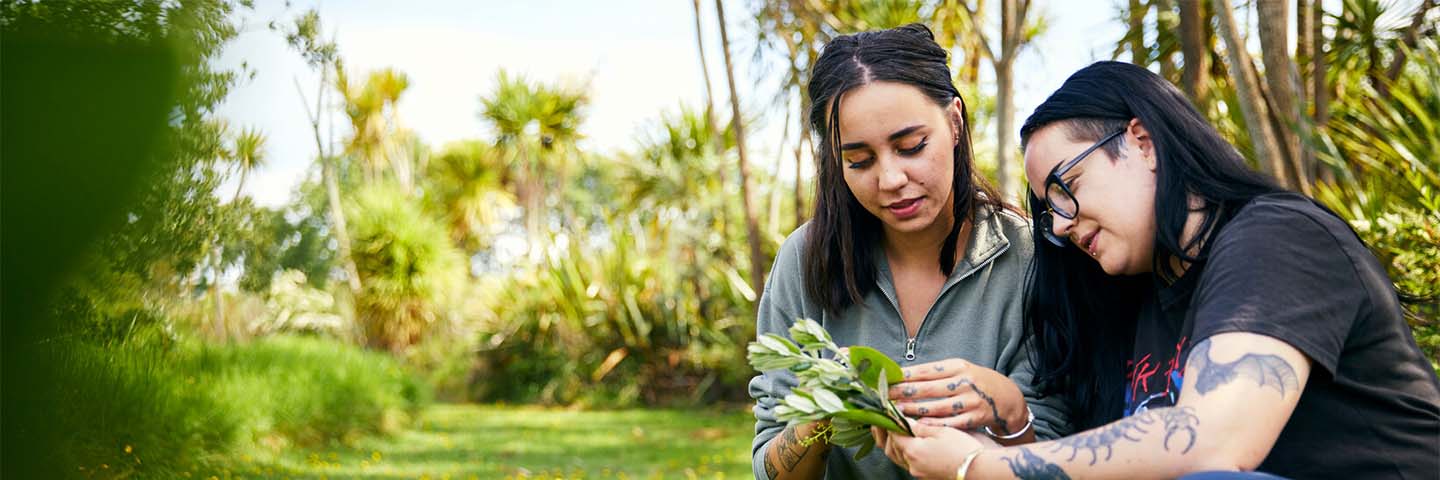Explore environmental and animal sciences study options
Unitec’s Environmental and Animal Sciences programmes will prepare students for an exciting and rewarding career caring for animals, protecting our natural environment, or helping to solve environmental issues. Our staff are experts in animal care, animal management and welfare, biosecurity, canine behaviour and training, conservation, biodiversity management, veterinary nursing and zoo-keeping.
We provide a friendly and supportive learning environment where we’re all focused on finding better ways to protect Aotearoa’s unique flora and fauna and the companion animals that we love. We have industry connections with zoos and wildlife parks, the Department of Conservation, MPI (Ministry of Primary Industries) Biosecurity and Auckland SPCA.
Animal Management and Welfare
Animal Management and Welfare students learn hands-on, developing the industry-specific skills they need to handle and care for animals in a range of different settings. Whether it’s animal advocacy, management and welfare, animal behaviour, dog training, or captive animal management, our courses are in-depth and always relevant.
Conservation and Biodiversity Management
Conservation and Biodiversity Management students will explore how ecosystems work and find out how to implement strategies to support biological diversity and address biosecurity. One of our biggest strengths is plant identification, a skill highly sought after by the conservation industry. Students will develop knowledge and skills related to plant identification, and they’ll find out how social, cultural and policy decisions impact our natural environment and the ways biodiversity managers can respond to this.
Veterinary Nursing
Veterinary Nursing students have two ways in which to pathway through our exciting vet nursing programmes; you can start with our Certificate, then move into our Diploma where you are eligible for registration as a vet nurse, then move into the third year of our Bachelor programme. Alternatively, you can go straight into the first year of the Bachelor of Veterinary Nursing.
